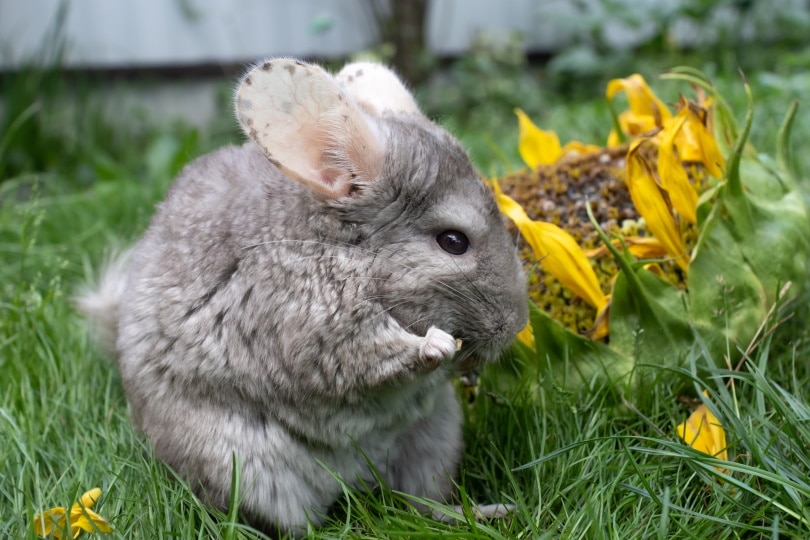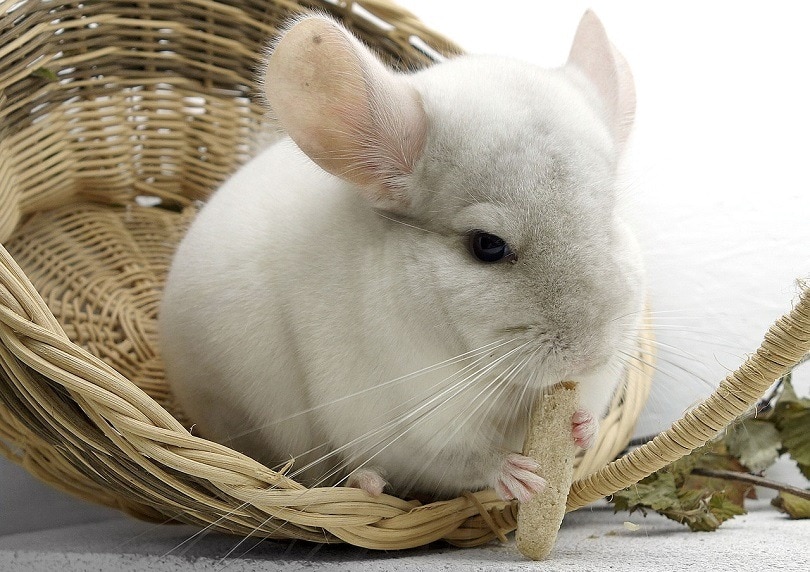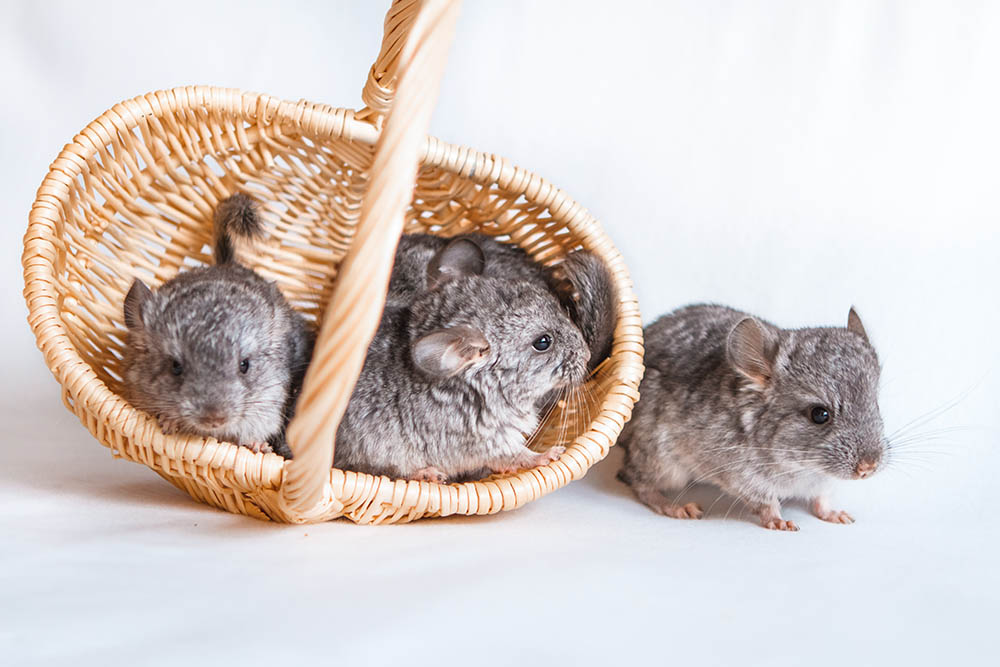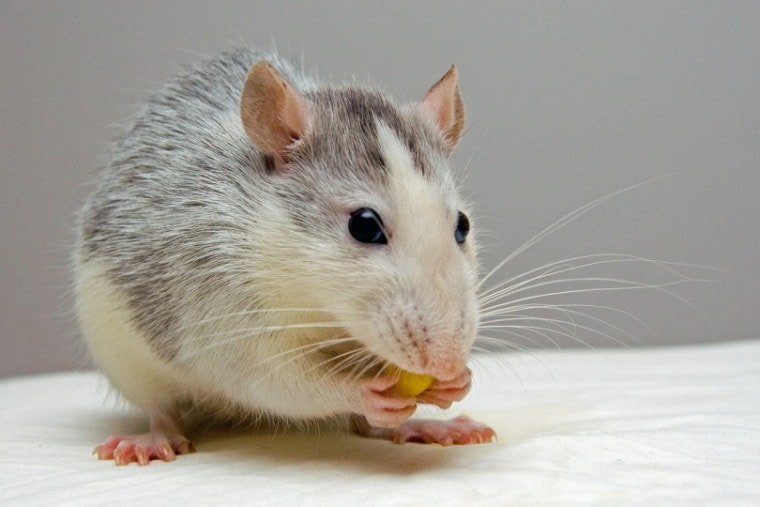
Click to Skip Ahead
Mice have quickly made their way into the hearts of several pet lovers. Whether we’re discussing a pet mouse kept in a cage in your bedroom, or their cousins, the tiny mice who live in the wild and often make their way into our homes without an invite, lifespans are a big issue. The biggest difference these mice face is their respective environments. Pet mice can live for 2 years, and wild mice can even live for 5 years, but they rarely do. Let’s take a look at the life of mice to see how long they live and what dictates this timeline.
 What’s the Average Lifespan of a Mouse?
What’s the Average Lifespan of a Mouse?
The average lifespan of a mouse is determined by one factor, whether the mouse is a wild or pet mouse. In most situations, pet mice can easily live up to 2 years. When it comes to wild mice, they can live up to 5 years, if kept in captivity, but normally this doesn’t happen. Predators and other issues keep wild mice from thriving for long periods.
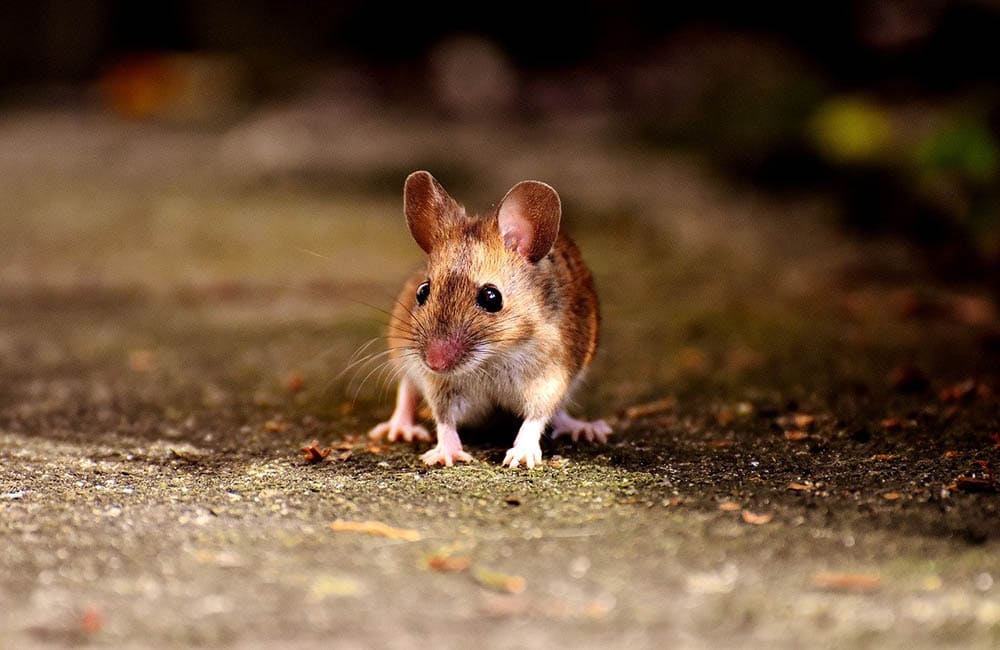
Why Do Some Mice Live Longer Than Others?
Like we mentioned above, the mouse cousins have different lifespans. Mice in the wild also have different struggles. Let’s take a look at a few factors that determine why some mice live longer than others.
1. Nutrition
Having access to the right nutrition is one of the most important factors in determining how long a mouse may live. Pet mice, who have access to the right mix of needed foods and essentials are going to thrive if their pet parent is trustworthy and caring. Wild mice don’t have this same opportunity. In the wild, mice are left to live off whatever foods they can find. Often, these scraps aren’t enough to keep them healthy which is one of the reasons why wild mice often die before they reach their average life expectancy.
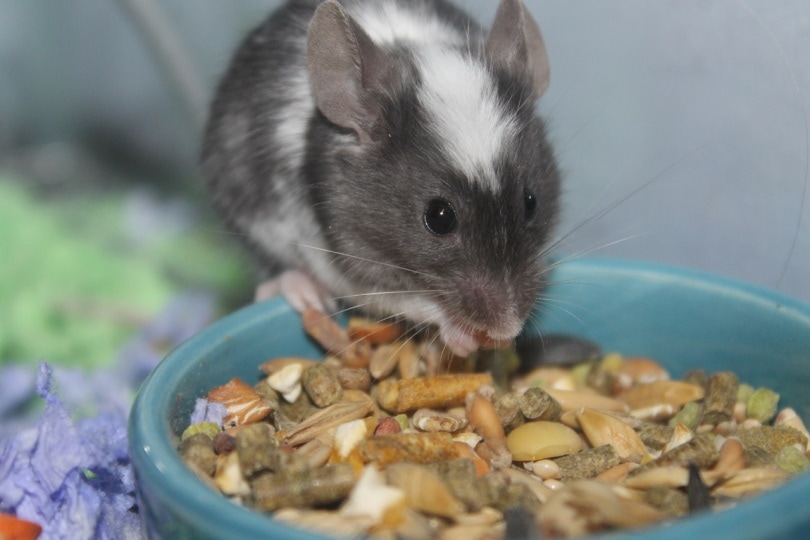
2. Environment and Conditions
The conditions in which mice live play a huge role in how long they live. Commonly, in the wild, mice find themselves only living around 6 months. This is due to predators they come into contact with, poisons they encounter, and having to compete with other rodents for food.
Mice that are kept as pets depend on their owners to provide them with the best conditions to thrive. This includes proper enclosures, housing, and for the best results, a partner. It is believed that pet mice do better when they have a constant companion.
3. Enclosure Size/Living Quarters/Housing
While wild mice will make their homes anywhere, pet mice require certain things to be happy and healthy. Luckily, mice don’t require huge living spaces. The most important part of their housing is to ensure their bedding is made from safe materials. Safe materials to use are newspaper, shredded paper, hay, corncob, and aspen shavings. The more you change the bedding, the less your mice’s cage will stink and the healthier they will be.
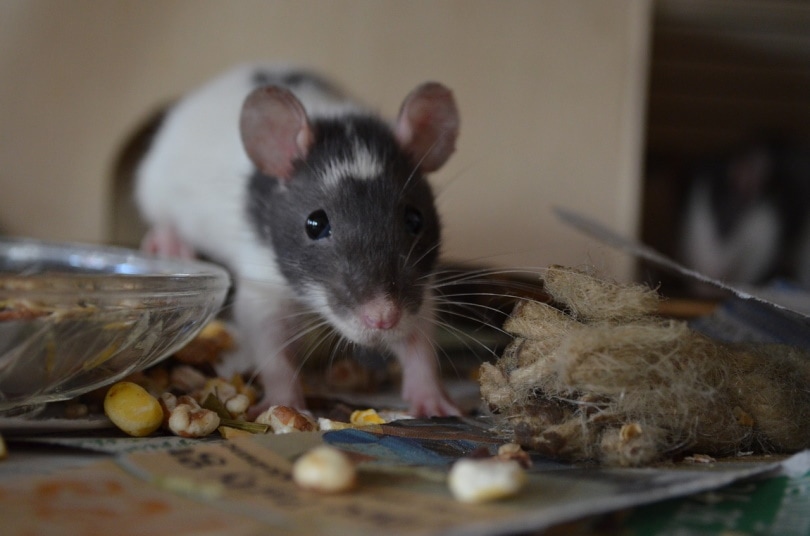
4. Size
Size is another unfortunate factor when it comes to wild mice and their life expectancy. Due to them being one of the smaller rodents, they are often considered prey for many animals. Birds, cats, and even dogs make life difficult for wild mice. For pet mice, their small stature isn’t truly an issue as their well-being becomes the responsibility of their owner.
5. Sex
Female mice have been known to live longer than their male counterparts. Unfortunately, even for the girls of the group, this additional time isn’t much. A few weeks to months is normally the most females will outlast the guys in the mouse world.
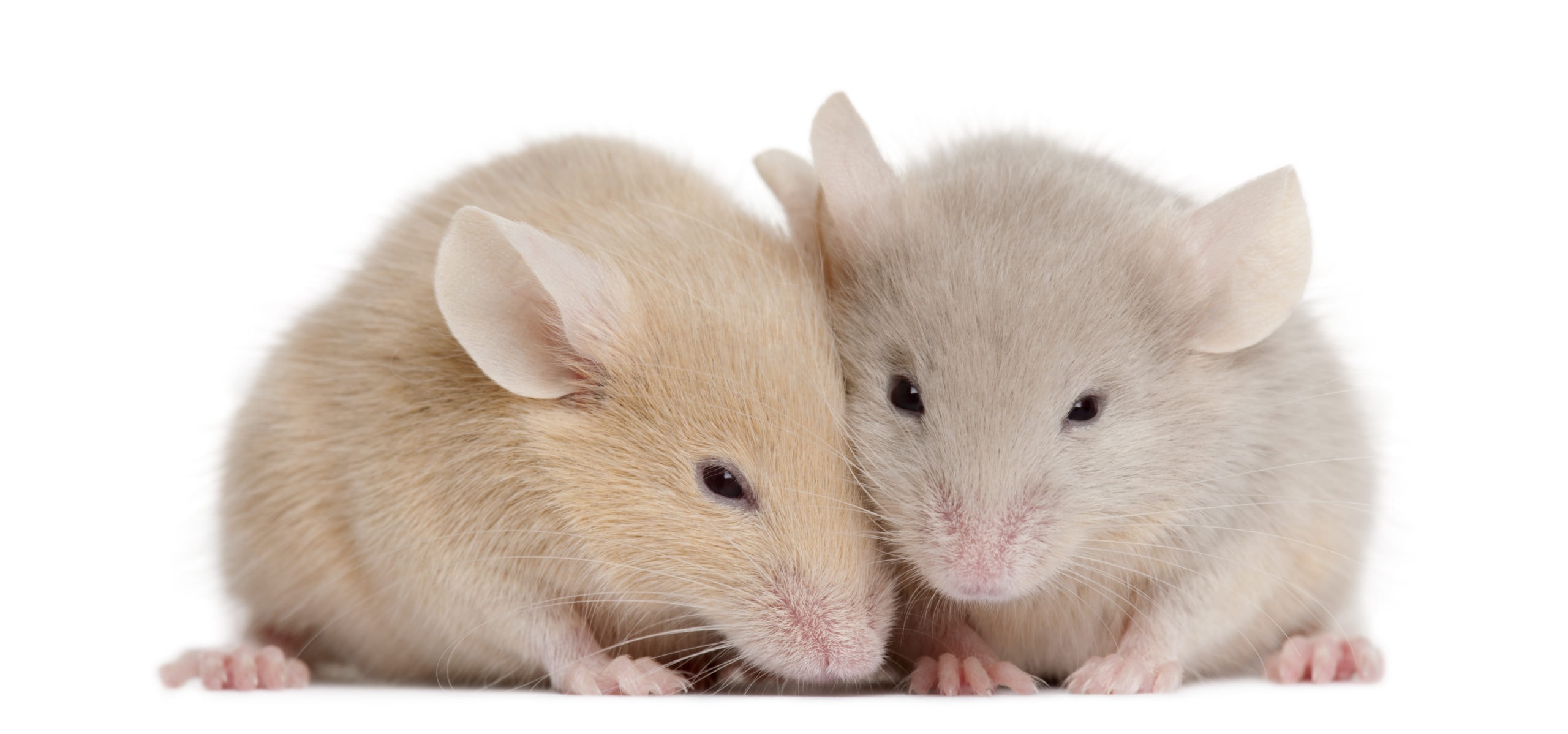
6. Stress
Stress is another factor mice face that can lower their life expectancy. For pet mice, inadequate housing, lack of a companion, and bad diets are the leading cause of stress in their lives. This stress can easily be unhealthy and leave mice suffering even in captivity.
Wild mice face different forms of stress. The constant struggle for food, water, and overall survival stresses wild mice quite a bit. This stress can be one of the leading causes of their shortened lifespans when struggling to survive.
7. Healthcare
Healthcare isn’t an option for wild mice, but those who live in captivity can get medical care when needed. Pet owners who notice their mice are sick have the option of seeking a veterinarian for assistance to help them feel better. Wild mice must fight through whatever health issues they experience. Often, they lose this fight.
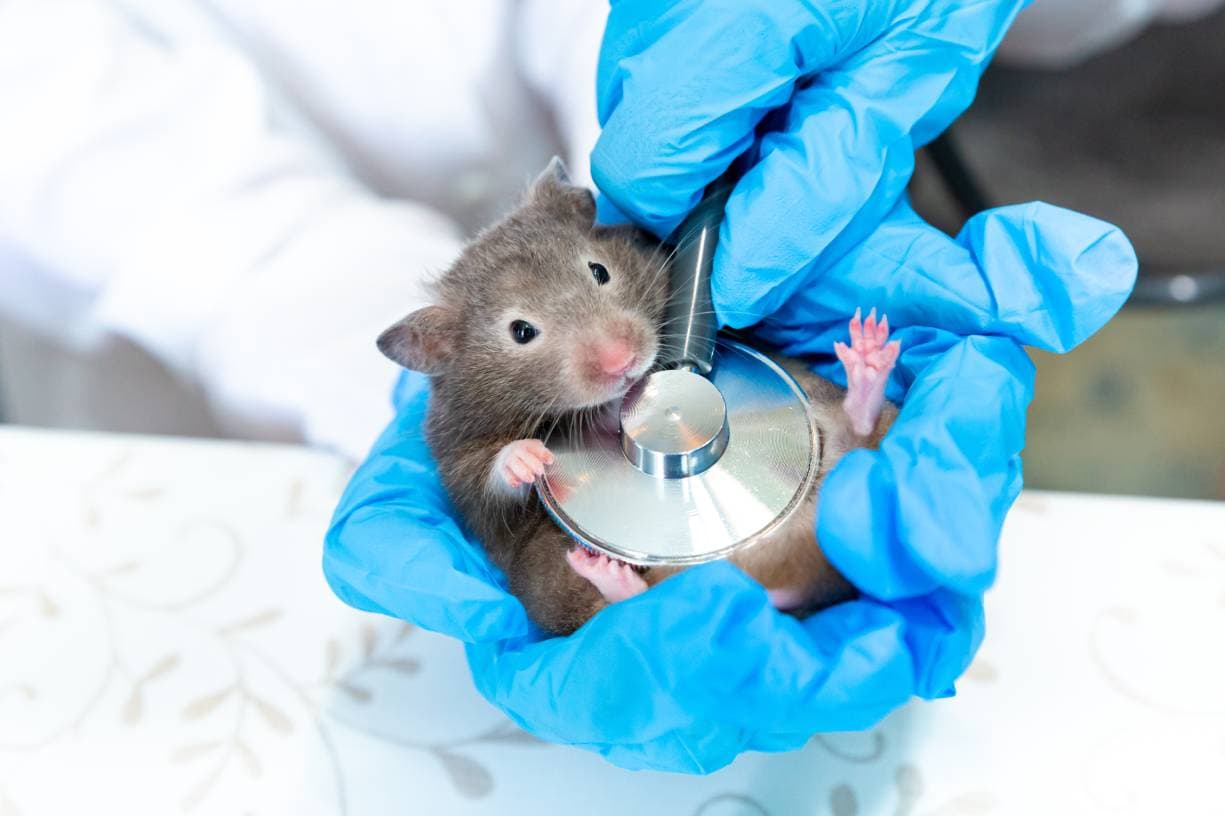
The 3 Life Stages of Mice
1. Baby Mice
Mouse pups, also known as pinkies, are tiny little things. They are completely hairless, blind, and light pink. Weighing hardly anything, baby mice are roughly the size of a quarter. Both pet and wild mouse mothers hide their pups in an attempt to keep them safe from enemies.
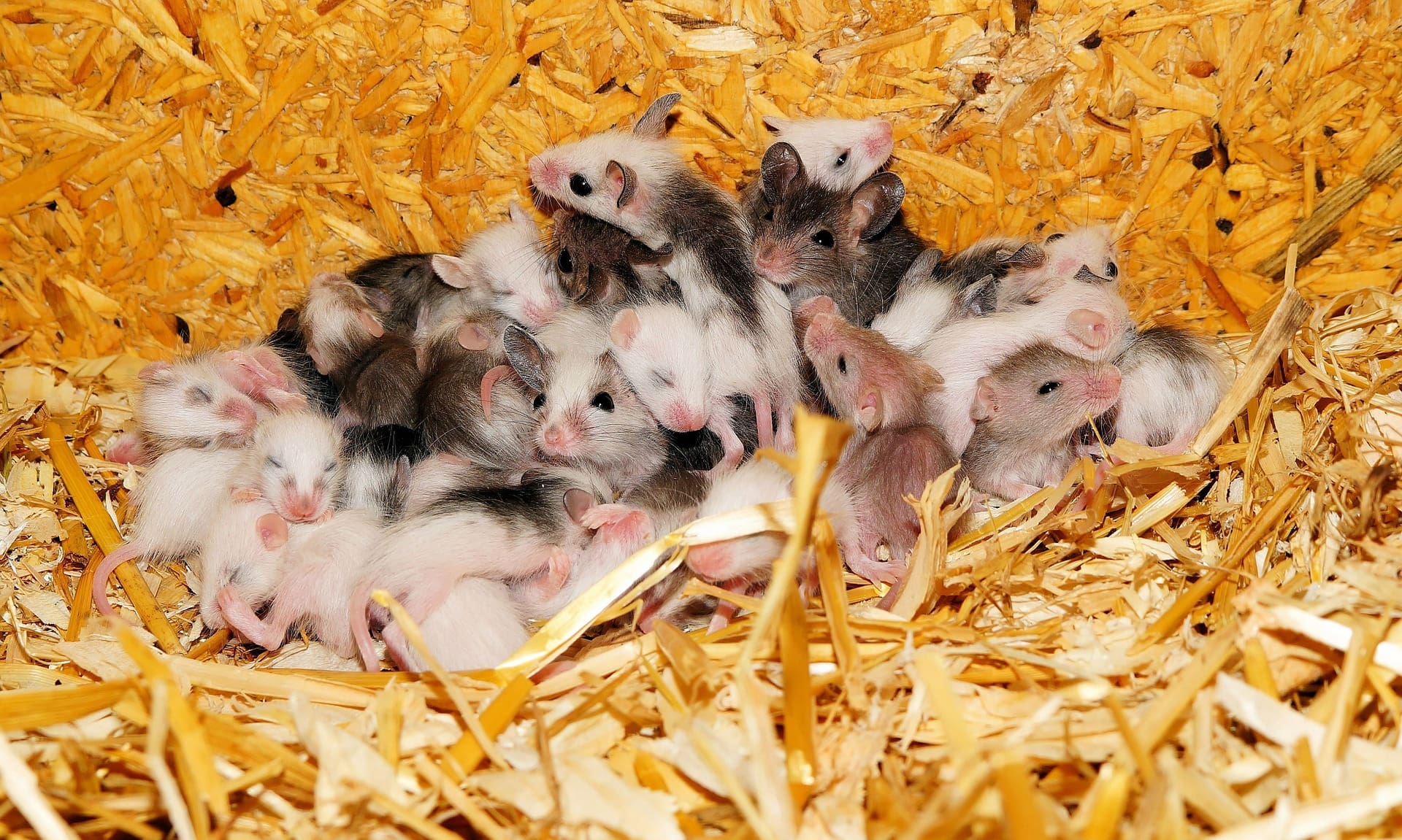
2. Juvenile
Mice open their eyes and grow hair within their first 2 weeks of life. By the time they are 3 weeks old, these juveniles are weaned from their mothers, able to find their own food, and coming and going from the nest on their own.
3. Mature Adult
At 6 weeks, male mice are considered sexually mature. This is when males use their ultrasonic songs and special scents to attract a female. Once mating is done, females will deliver a litter within 18-21 days. The average litter size is between 5 and 6 pups.
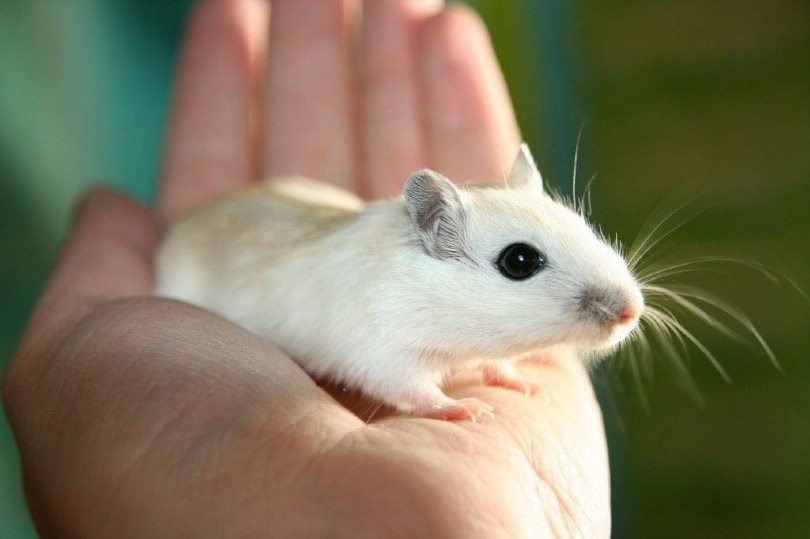
How To Tell Your Mouse’s Age
It is easy to determine the age of mice when they are young. Pups lack hair or have patchy hair. Their ears are also smaller and closer to their head. Once the mouse reaches maturity, determining their exact age is nearly impossible. When you realize your mouse, wild or pet, stops showing any signs of growth, you’ll know it has reached its adult stage.
 Conclusion
Conclusion
As you can see, several factors can determine how long a mouse will live. While pet mice have a better opportunity to reach their full expectancy of 2 years, it is still their wild mice cousins who have the longest lifespans. Unfortunately, wild mice rarely reach their life expectancy of 5 years unless they are brought into captivity. Luckily, pet owners who have pet mice, they’ll get to spend a few years with their companions and provide them with the best life possible.
Featured Image Credit: Jarle Eknes, Pixabay
 What’s the Average Lifespan of a Mouse?
What’s the Average Lifespan of a Mouse?